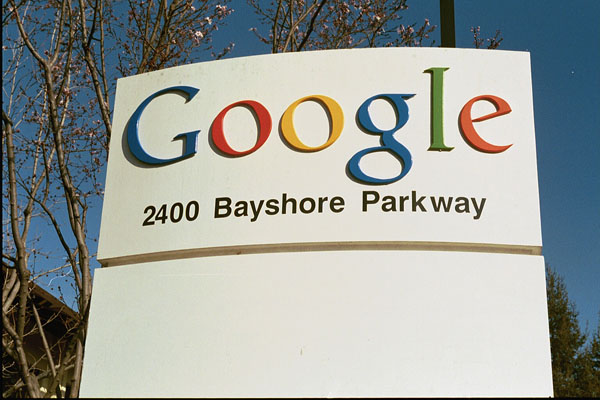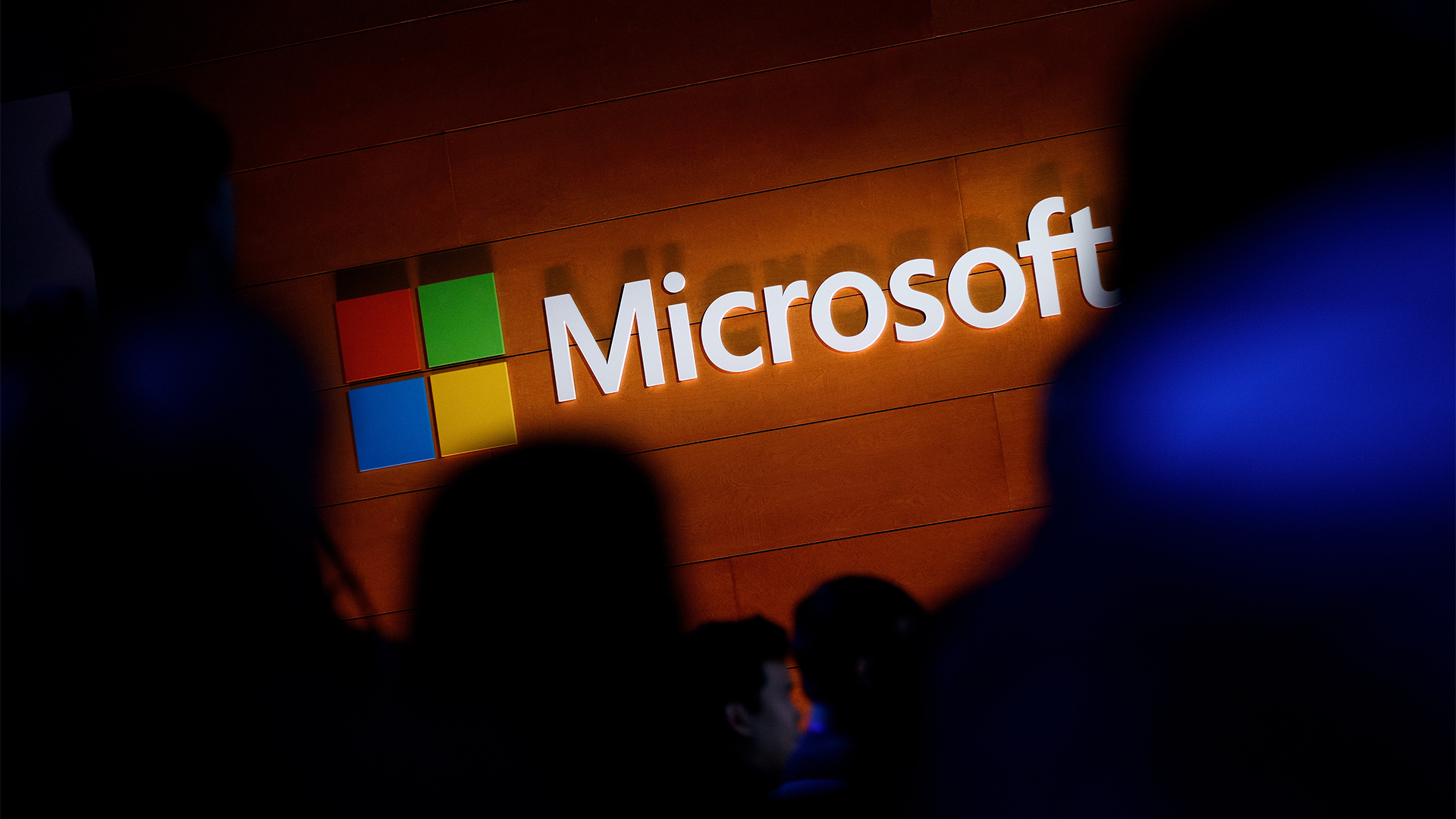
Google has begun a limited test of its widely anticipated radio advertising system, allowing customers to buy broadcast ad time via its online advertising buying system.
In a statement the company said it had begun testing a system acquired following its purchase of dMarc Broadcasting in early 2006 for $102 million, which it subsequently built into its existing AdWords online ad service.
Google Audio Ads is working with more than 700 radio stations covering more than 200 US locations at launch, Google spokesman Mike Mayzel said.
"We're happy to announce that the integration is now complete and we've recently begun a US beta test of Google Audio Ads with a small group of AdWords advertisers," Google said in a statement on its official advertising blog.
RBC Capital Markets radio industry analyst David Bank said the test was a first step in a major undertaking by Google.
"What everybody's expecting is that Google will get involved with a big radio player on a wider scale," Bank said, adding that is talking with a number of major radio operators.
Analysts expect Google Audio Ads to shake up the $20 billion annual US radio advertising industry by offering a simplified web-based purchasing process for radio ads to its existing base of hundreds of thousands of text advertisers. Following a successful trial, the service is expected to expand to include internet radio stations and those in other major radio markets such as the UK. The potential also exists to extend audio ad sales to podcasts.
Sign up today and you will receive a free copy of our Future Focus 2025 report - the leading guidance on AI, cybersecurity and other IT challenges as per 700+ senior executives
The radio advertising market is proving challenging for broadcasters, with radio increasingly seen as inaccessible by smaller advertisers. The UK's largest radio broadcaster, GCap Media, recently reported lacklustre figures blamed on weak and declining radio advertising sales. That left underlying profits before tax at 8.4m in the six months to the end of September, down 32% on 12.4m a year earlier. With its network of regional radio stations, it is one of several broadcasters that could benefit from a simplified and integrated online ad sales service.
One executive at a big radio company said last month the industry was moving cautiously in its dealings with Google.
Bank concurred, saying: "There's a real mixed emotion among radio operators."
On the one hand, Google's entry may turn radio advertising into more of a commodity.
"A disaster could occur if people who were buying spots offline started buying online at a lower pricing level," Bank said.
But by helping turn its vast audience of web search advertising buyers into radio ad buyers, Google may eventually prove to be a boon for the industry, he noted.
"What Google gets is a dual revenue stream on top of search. They're not in the radio advertising business. They may also use it to sell search to local radio customers," he said.
Google may offer radio operators a large upfront financial guarantee to sell air time inventory to mitigate their risks.
"Audio Ads offers detailed reporting, targeting by demographic, location and station type, and provides easy access to the huge market reached by radio programming," Google said in discussing the project on its AdWords sales site.
The AdWords purchasing system allows customers to track how much is spent on each radio ad, when and where the ad airs.
Google is inviting a small set of selected advertisers to join the current test program. The company said it had not set a date for when its radio advertising service will become more widely available to advertisers.
Google is seeking to expand beyond the pay-per-click web search advertising market it dominates to offer advertising across a range of traditional and new media formats ranging from newspapers to online video.
(Additional reporting by Susan Zeidler in Los Angeles and IT PRO Editor Chris Green in London)
ITPro is a global business technology website providing the latest news, analysis, and business insight for IT decision-makers. Whether it's cyber security, cloud computing, IT infrastructure, or business strategy, we aim to equip leaders with the data they need to make informed IT investments.
For regular updates delivered to your inbox and social feeds, be sure to sign up to our daily newsletter and follow on us LinkedIn and Twitter.
-
 The six biggest security challenges coming in 2026
The six biggest security challenges coming in 2026In-depth What will be the main challenges businesses face in 2026 and what can they do to prepare?
-
 Channel focus: All you need to know about Microsoft's partner program
Channel focus: All you need to know about Microsoft's partner programChannel Focus The veteran OS developer and vendor continues to advance its strategy, particularly in Azure cloud solutions and AI

